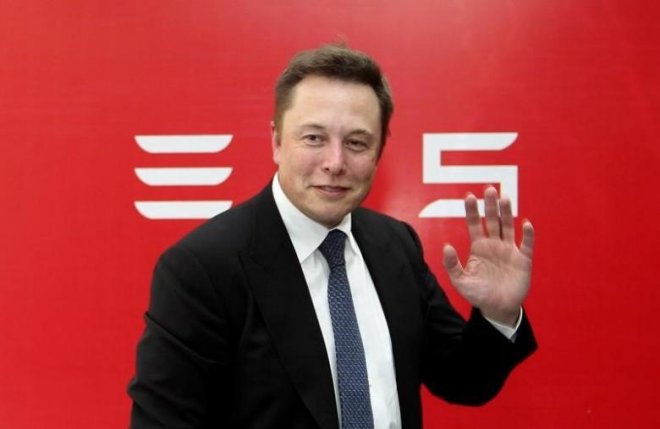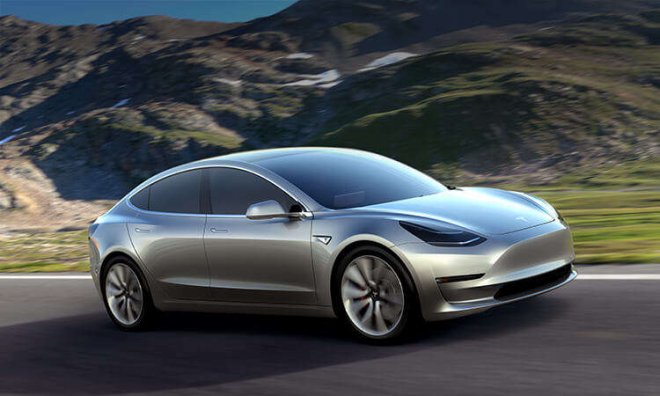The times have changed quite a bit; while the manufacturing industry once upon a time was solely based on human labour, now it is a mixture of human labor and automated technology. But, the CEO of Tesla, who seems to be obsessed with speed, wants to change it further to maximise the manufacturing even more. Tesla has aimed to deliver 400,000 vehicles by 2018, although, the workers of the company have not yet crossed the line beyond 100,000 vehicles annually.

Elon Musk is dreaming of total automation where the human limitations in manufacturing are done away with. He is aiming to come up with factories, which themselves are machines and are capable of producing vehicles without any help of the humans. In his July 2016 Tesla mission statement, he wrote about his epiphany: Turning the factory into a machine. He even gave it a cool name, "alien dreadnought" the machine that makes the machines.
The version 0.5 of dreadnought that debuts in 2017 with the production of Tesla Model 3 will be followed by version 1.0 that is scheduled to arrive by 2018 with new equipment for the factory. But what Tesla makers are excited about is version 3.0, which might take a few years to materialise into reality but will boost the production by 5-10 times.

In 2016 Tesla bought Grohmann Engineering which is a German automation specialist to bring robotics into their factory and fasten the production process. While the 580 giant, robotic arms at Tesla factories have boosted the production with a 400% increase at The Fremont, Calif., plant since 2012, the human labour has often expressed their concern over the constantly paced work.
Dreadnought would introduce robots to the factories which would further fasten the process and eliminate the need for human labour, except for a skeleton staff of engineers to monitor the production. This would further work on the minimum-waste-maximum-automation clause, which is ensured by the control of robotic makers on the technology controlling it with "incredibly sophisticated software."
With an estimated 265,000 robots in the U.S. workforce, the "alien dreadnought" dream does not really seem farfetched and if executed into reality, it will change the face of automobile production forever.









